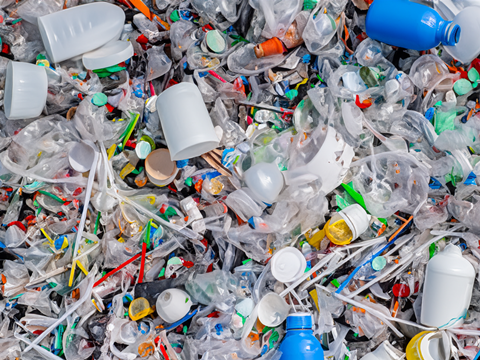
More than three in five German and French adults are against the use of imported waste in recycled plastic products, according to findings from Stagwell’s The Harris Poll, with environmental impact, consumer safety, and ‘greenwashing’ practices coming into question.
On behalf of Eastman, an online survey was conducted on 22nd – 27th February 2024 among 1,010 German and 1,010 French adults aged 18 and over. It revealed that environmental, health, and safety concerns drive suspicion around imported waste.
64% of German and 63% of French respondents felt that importing waste offsets the positive impacts of making recycled products in the first place.
“When asked about the practice of importing waste to create recycled products, more than half of German (59%) and French (56%) consumers say that brands who import plastic waste to create products with recycled content are greenwashing,” said Allison Ewell, vice president, Strategy and Go To Market at The Harris Poll. “This suggests a strong preference for the use of domestic waste to create recycled products.”
Moreover, 55% and 64%, respectively, feared the negative effects of imported recyclate on their health and safety.
A recent CleanHub report revealed that seven of the top ten countries exporting and importing the most plastic waste are located in Europe. They are said to account for 71% of all plastic waste exports, shipping out 4.4 million tonnes of plastic waste every year; Germany and the UK are among the top three exporters, while Germany and the Netherlands are two of the highest importers.
Last year, it became illegal for EU Member States to send their plastic waste to non-OECD countries – a move set to ease the burden on third countries and help Europe utilize its waste as a resource in line with the Green Deal.
EuRIC recently praised the EU’s Committee of Permanent Representatives for its deal on the Packaging and Packaging Waste Regulation, describing it as a ‘significant milestone’ in holding imported plastics to EU standards and strengthening European competitiveness. However, it warned that priority access to plastic recyclate could have a negative effect on the internal market.
If you liked this story, you might also enjoy:
How are the top brands progressing on packaging sustainability?
The ultimate guide to global plastic sustainability regulation


















No comments yet